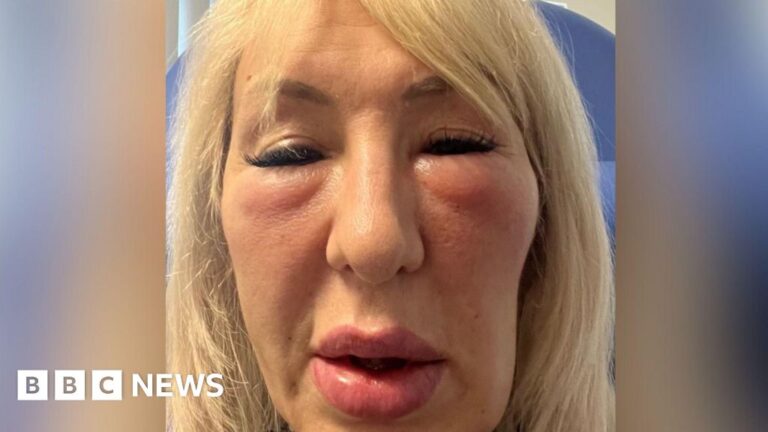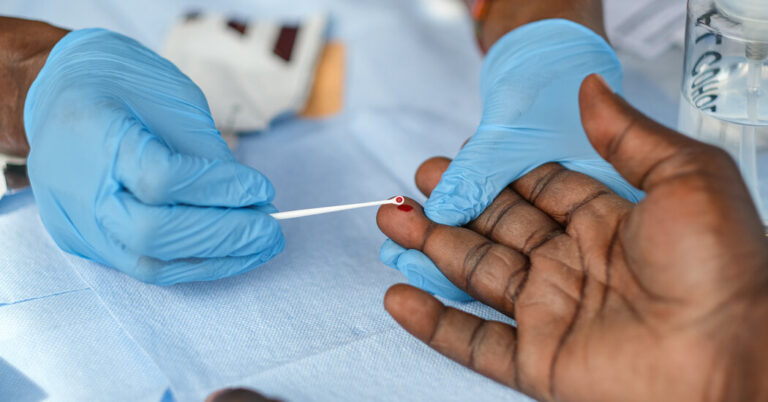Here is the plain text result:
There were more than 32,000 cases of whooping cough in 2024, the highest tally in a decade. In California alone, the disease struck 2,000 people between January and October last year.
More than 60 infants younger than 4 months were hospitalized in the state. One died.
Whooping cough, or pertussis, is just the most stark example of what happens when vaccination rates decline. But it is far from the only one.
The pandemic interrupted childhood immunizations across the country, and rates have not yet recovered. As a result, hundreds of thousands of children are increasingly vulnerable to diseases once largely relegated to history books.
If fewer people are vaccinated, “we are making an active decision to make the world a less safe place for a significant proportion of the population,” Dr. Richter said.
Elsa Sjunneson knows that only too well. Her mother was infected with rubella during an outbreak in New York City in 1985 when she was pregnant, and Ms. Sjunneson was born with congenital rubella syndrome, or C.R.S.
A drop during the pandemic was not surprising. But even as society has returned to normal, vaccination rates have continued to decline, dipping below 93 percent nationwide for the 2023-24 school year.
The immunity induced by some vaccines can wear off over the decades. The decline means that if outbreaks were to occur more often, even vaccinated adults might be vulnerable to certain illnesses.
Immunity against mumps also may decline. Although vaccination overall has decreased the number of mumps cases by 99 percent, there have been outbreaks in schools and universities, where students have close, prolonged contact.
The illness may be mistaken for a typical respiratory infection at first, but it can bloom into a painful, full-body “100-day cough.” Each bout of coughing ends with a whooping sound, and may result in vomiting, cracked ribs and difficulty breathing.
A newer version of the vaccine, introduced in the 1990s, is much easier on the body. In most people, this formulation provides decades of protection against severe disease.
Experts now believe this is one reason that more adolescents than young children have become infected with whooping cough during outbreaks in recent years.
If the vaccination rates were to fall to 75 percent in the next few years, older adults who received the original vaccine might still be protected. But people who were never immunized or adults who received the newer vaccine as children might be susceptible.
Vaccines are always a tougher sell than treatments, because they are given to healthy individuals, Dr. Richter said.
All you need is one or two of those stories to have a massive impact on vaccine takeup, she said.
Source link




